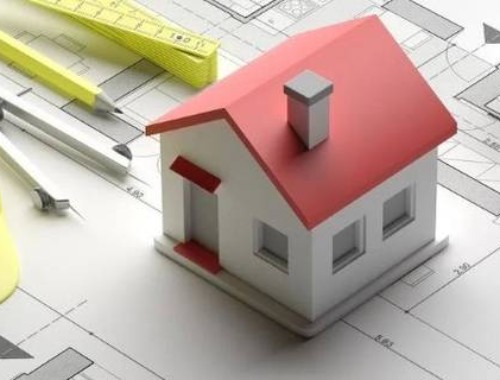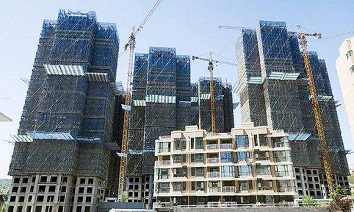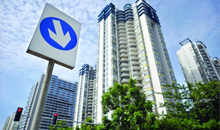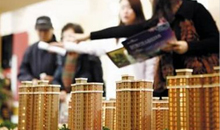China marks faster growth on infrastructure investment
China's economic growth, which is heavily relying on infrastructure investment and real estate.
Increased infrastructure investment and real estate sales helped boost China's economic growth in the first quarter of 2017. But the government-led growth is also leading to an asset bubble that could fetter the country's growth.
The National Bureau of Statistics said Monday that China's real gross domestic product for the January-March quarter rose 6.9% from the same period in the previous year, marking faster growth (6.8%) for the second quarter in a row since the October-December period.
The latest figure topped China's full-year target of "around 6.5%" as well as a market estimate of 6.7%, surveyed by the Nikkei group.
Data released on Monday shows infrastructure investment and real estate sales helped the economic growth.
Investment in fixed assets such as factories and condominiums increased 9.2%, 1.1 percentage points faster than the whole of 2016, with infrastructure investment in roads, airports and others increasing their high pace at 23.5%.
The floor space of commercial buildings sold and residential buildings sold were up by 19.5% and 16.9%, respectively. The total sales of commercial buildings grew 25.1%. The sales of residential buildings effectively helped sales of furniture and consumer electronics.
On the other hand, the growth of retail sales of consumer goods stood at 10.0%, 0.4 percentage points down from the whole of last year. This is mainly due to a decline auto sales, which were boosted last year by tax benefits.
China's growth speed declined or remained at the same level for two years until the October-December quarter. With the latest faster growth, President Xi Jinping is poised to stabilize the country's economic growth with government expenditures, eyeing the National Congress of the Communist Party in autumn this year.
However, China's economic growth, which is heavily relying on infrastructure investment and real estate, is bringing an asset bubble as a byproduct. If asset prices plunge, it would hurt the country's financial system.
Therefore the People's Bank of China has been shifting its monetary policy from an accommodative stance to tighter stance by raising interest rates. The PBoC's monetary policy tuning could put pressure on economic growth in the second half of this year.
(Source: asia.nikkei.com)





 沪公网安备31010402003309号
沪公网安备31010402003309号



